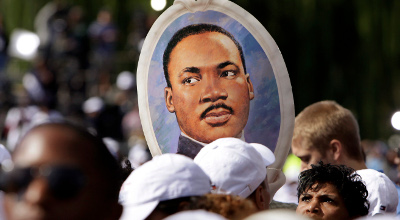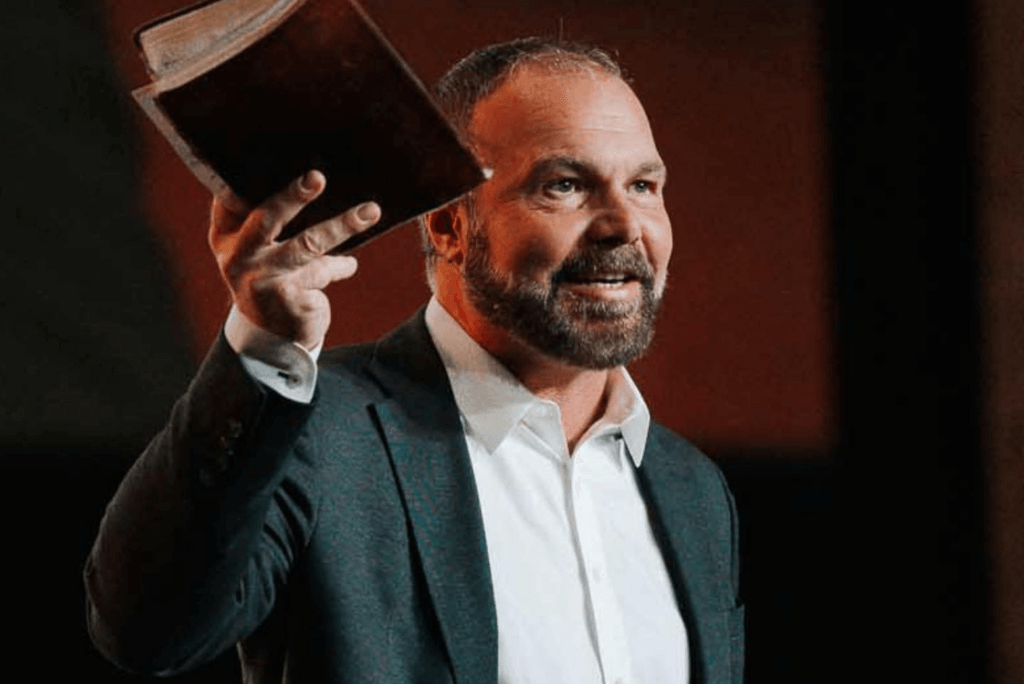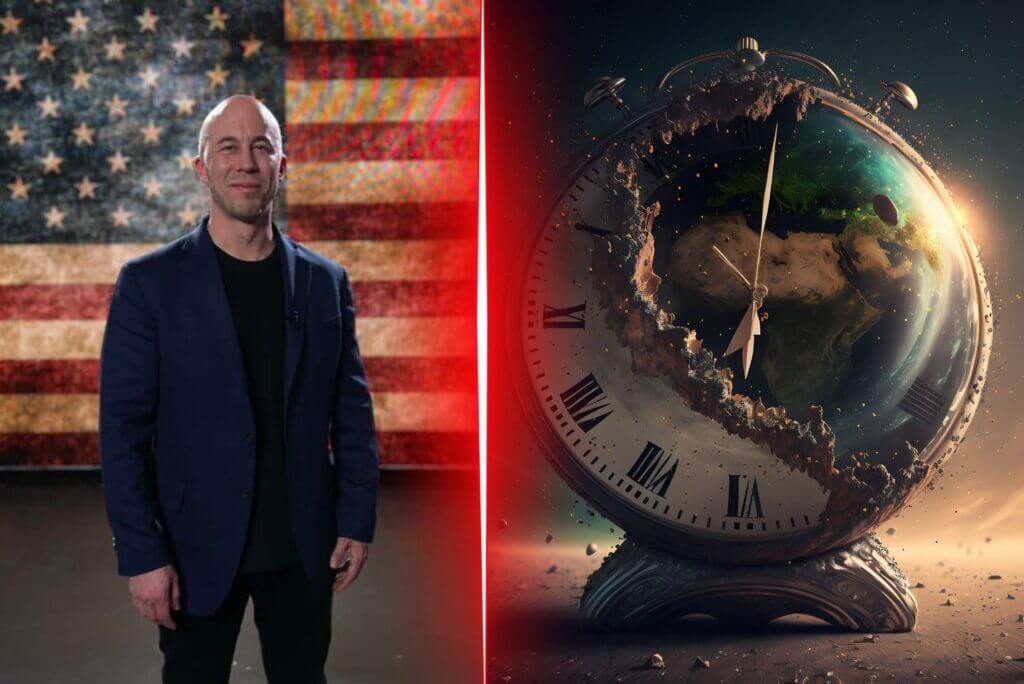On Oct. 16, the new memorial for Martin Luther King Jr. (MLK) was finally completed. There was only one problem with the work: The wrong words were carved on the statue. The tone of the phrase misrepresented “the spirit” of the fallen leader. After a huge controversy, the memorial leadership decided to change the writing on the statue.
This change was legitimate. Unfortunately an illegitimate expression occurred this past week. Politico reported that Tavis Smiley had been disinvited from the 20th annual MLK luncheon, hosted by the Peoria Civic Center. Why? Mr. Smiley has said publicly that President Obama had not done enough for black Americans, which, according to the center, upset some people. He was replaced by reliable liberal Michael Eric Dyson.
In later interviews, Mr. Smiley noted that only a small handful of the 1,500 ticket holders for the event complained about his comments, resulting in his ouster from the luncheon. He also made it clear that he supports President Obama, but as a journalist feels obligated to hold him accountable for his actions in office. While I may disagree with Mr. Smiley on some issues, I certainly agree that his honest appraisal of President Obama’s performance should not disqualify him from speaking at a luncheon honoring Dr. King.
In fact, Smiley’s dismissal from the event dishonors Dr. King’s legacy of holding all political leaders accountable for their actions and judging people based on their character, rather than their skin color. As I have written before, this is yet another example of the totalitarian attempts at thought control by leaders in the black community who purport to speak for Dr. King and African-Americans in general. We blacks who refuse to kowtow to the extreme left are not only disinvited from events, but often publicly excommunicated from our own race.
True students of history understand that Dr. King, during his life, defied our current labels of “liberal” or “conservative.” This holds true for both his personal sentiments as communicated in his speeches and writings, as well as for the policies he advocated. On social issues, he—like the vast majority of black Americans—was unequivocally in line with conservative biblical teaching and traditional American values. On economic and foreign policy issues, some of his statements were so far to the left they would make today’s liberals blush. It is impossible to say that either of the two major political parties today has a monopoly on King’s legacy; if anything, they are both failing to live up to it.
Since the days of slavery, there have been disagreements about how to best advance African-Americans. At the turn of the 20th century, both Booker T. Washington and W.E.B. Du Bois labored tirelessly for the cause of bettering the prospects of newly freed slaves. President Obama shares much in common with Du Bois: Both were born outside the South and attended Harvard. Both attained prominence through political activism and espoused a model of change based on the leadership of the elite—Ivy-League educated policymakers in President Obama’s case, and the “Talented Tenth” of Du Bois.
Washington, by contrast, was born in the South into the very heart of Jim Crow America. He was educated at a historically black college (Hampton Institute which later became Hampton University) and rose from poverty to prosperity through entrepreneurship. Mr. Washington wanted to promote the means for immediate progress among everyday blacks. As the first leader of the Tuskegee Institute in Alabama, Washington’s primary focus was teaching the uneducated, unskilled southern blacks to be self-reliant. This meant offering courses to train black teachers, but also to train blacks for farming and other less glamorous jobs that were available in the South at the time.
By contrast, Du Bois wrote in his essay “The Talented Tenth” that he thought it most important to develop “the best of this race that they may guide the mass away from the contamination and death of the worst.” He felt that if middle-class blacks could receive an Ivy League quality education, they would be able to lead the rest of the black community to a more prosperous future.
In actuality, both Du Bois and Washington contributed immeasurably to the advancement of black Americans. Although their approaches to the problem seemed mutually exclusive and even contradictory at times, both were necessary to overcome the oppressive aftermath of slavery. Three generations later, Dr. King refused to be painted into an ideological corner when addressing the challenges of the segregated South. He enlisted both educated spokespersons as well as everyday activists to accomplish the goal of equality for blacks in the eyes of the law.
Today, black Americans face the challenges of failing schools, broken homes, skyrocketing unemployment, and rates of AIDS and other diseases that are well above the national average. It will take a variety of approaches to effectively address these problems, and African-Americans cannot afford to be shackled to the rhetoric of the political left. We need to hear criticisms and solutions from all over the ideological spectrum so that we can employ the best approaches to improve education, restore families, reduce unemployment and empower African-Americans to live healthy, prosperous lives.
Bishop Jackson is the guest editor of the January-February 2012 issue of Ministry Today about social transformation.
See an error in this article?
To contact us or to submit an article





















